A sheep is a domesticated animal that’s been raised by humans for thousands of years for its wool, meat, and milk. They’re typically covered in a thick coat of wool, which keeps them warm in cold weather. The wool is sheared once a year to make clothing, blankets, and other products. Sheep come in a variety of breeds, from fluffy white ones to ones with curly or even black wool.
Sheep are herbivores, meaning they only eat plants, mainly grasses, but they also nibble on shrubs and other vegetation. They have a special stomach with multiple chambers that helps them break down tough plant material, making them excellent grazers. These animals are known for being social and often live in large groups called flocks.
Scientific Classification
-
Kingdom: Animalia
-
Phylum: Chordata
-
Class: Mammalia
-
Order: Artiodactyla
-
Family: Bovidae
-
Genus: Ovis
-
Species: Ovis aries
Common Names
Sheep are simply known as “sheep” around the world, but male sheep are called rams, females are ewes, and babies are called lambs.
Geographic Distribution
Sheep are found all over the world, from Africa to Asia, Europe to the Americas. They thrive in farms, fields, hills, and sometimes even deserts.
Physical Characteristics
Sheep are medium-sized animals with thick wool, cloven hooves, and short tails.
They have a gentle face and ears that stick out sideways or slightly forward. Rams may grow curved horns.
Common Traits:
-
Woolly coat (some breeds have hair instead)
-
Herbivorous, feeding mostly on grass
-
Social animals that live in flocks
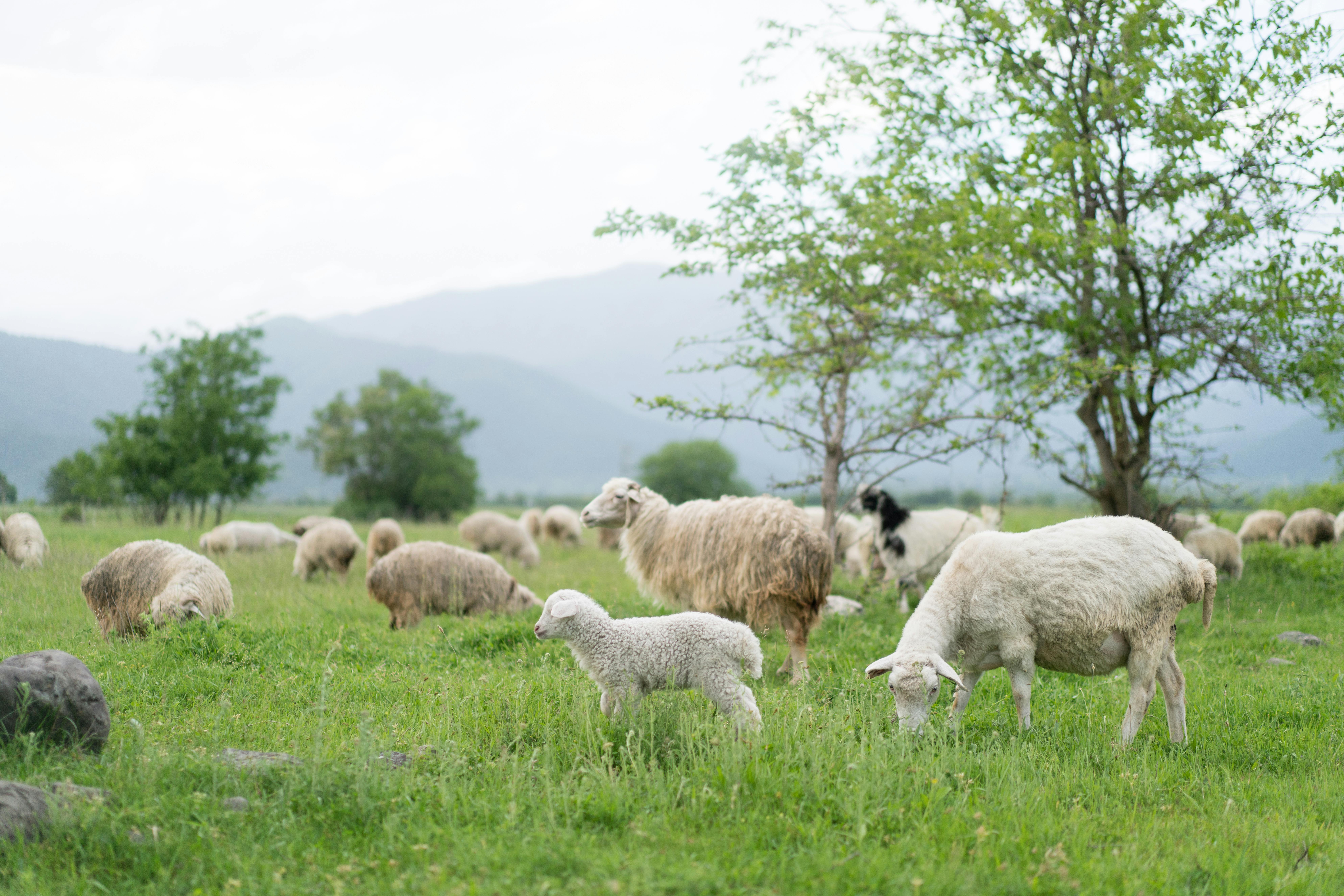 Image showing a flock of white sheep grazing in a green pasture (Source: Pexels)
Image showing a flock of white sheep grazing in a green pasture (Source: Pexels)
Popular Breeds
1. Dorper Sheep
A hardy breed known for meat and adaptability to hot climates.
Quick Facts
-
Origin: South Africa
-
Size: Medium to large
-
Tolerates heat well
-
Raised for meat, not wool
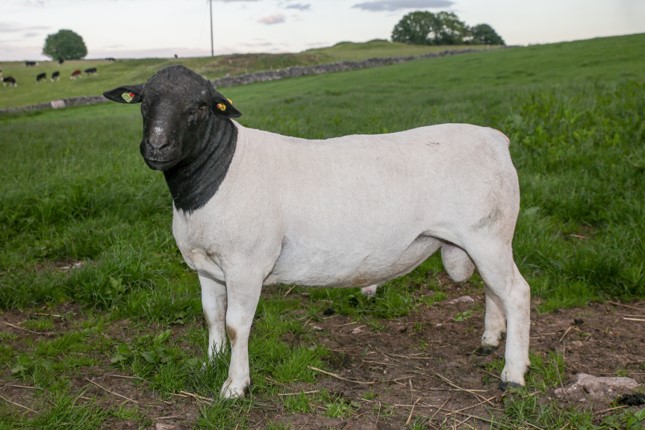 Image showing a Dorper sheep with white body and black face (Source:The British Dorper Sheep Society)
Image showing a Dorper sheep with white body and black face (Source:The British Dorper Sheep Society)
2. Merino Sheep
Famous for their fine wool used in clothing.
Quick Facts
-
Origin: Spain
-
Produces soft, valuable wool
-
Needs shearing once or twice a year
-
Friendly temperament
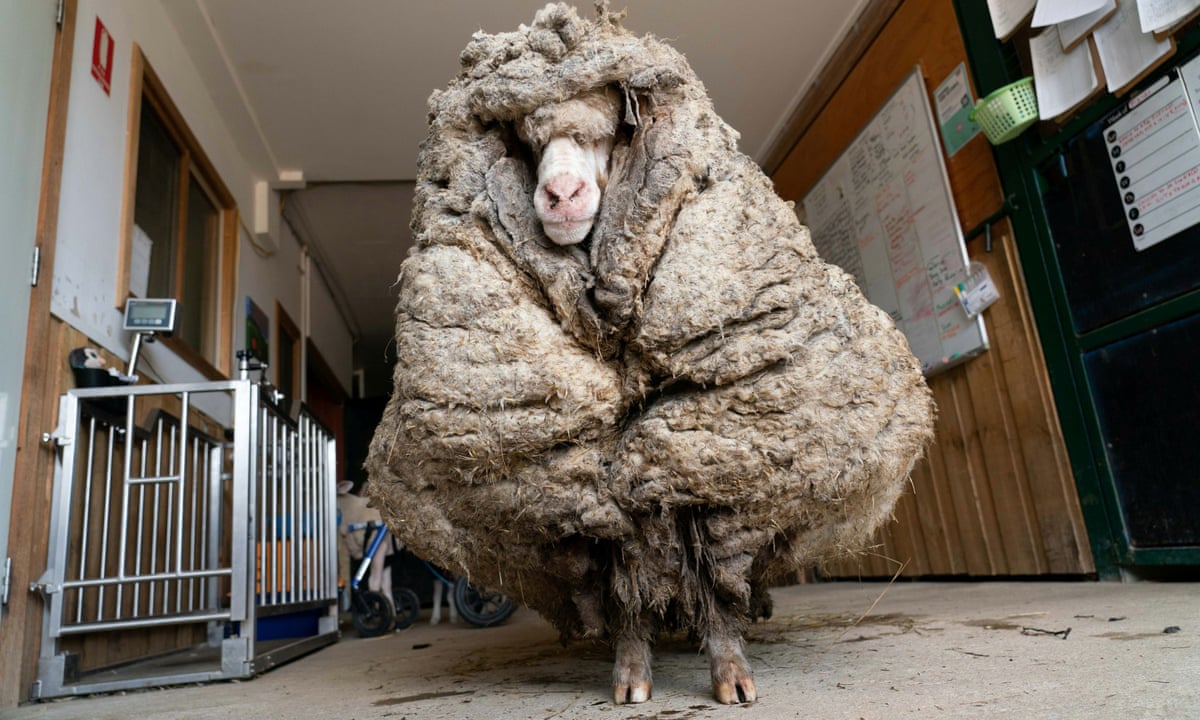 Image showing a merino sheep with thick, curly fleece (Source: The Guardian)
Image showing a merino sheep with thick, curly fleece (Source: The Guardian)
Fun Facts
-
A sheep’s wool can keep growing for years if not sheared.
-
They can recognize over 50 other sheep faces!
-
Sheep have a strong memory and can learn tricks.
-
They prefer to stay close to other flock members.
-
Lambs can walk within minutes of birth.
Human Relevance
Sheep have been close to humans for thousands of years.
They provide meat, milk, and wool, and are important in many farming communities. In some cultures, sheep are also used in religious or ceremonial events.
Health & Common Issues
Sheep, like all animals, need proper care to stay healthy.
Some common health concerns include:
-
Internal parasites (worms)
-
Foot rot or hoof infections
-
Flystrike (caused by flies laying eggs in wool)
-
Respiratory issues
Basic Care Needs
-
Regular deworming
-
Clean water and good pasture
-
Proper hoof trimming
-
Annual vaccinations
 Image showing a vet checking a sheep’s hooves (Source:Masterclip)
Image showing a vet checking a sheep’s hooves (Source:Masterclip)
Conservation Status
Most domestic sheep are not endangered. However, wild sheep species (like Bighorn sheep) are protected in some areas.
Related Species: Sheep vs Goats
-
Sheep have wool, goats have hair
-
Goats prefer browsing shrubs, sheep prefer grazing grass
-
Sheep have downward-curved tails, goats’ tails point up
If you keep sheep or are planning to, regular vet care is important. You can reach out to us at Doctor Hulk Veterinary Hospital or call 08143397614.
 Image showing a farmer holding a healthy lamb, smiling (Source: Freepik)
Image showing a farmer holding a healthy lamb, smiling (Source: Freepik)





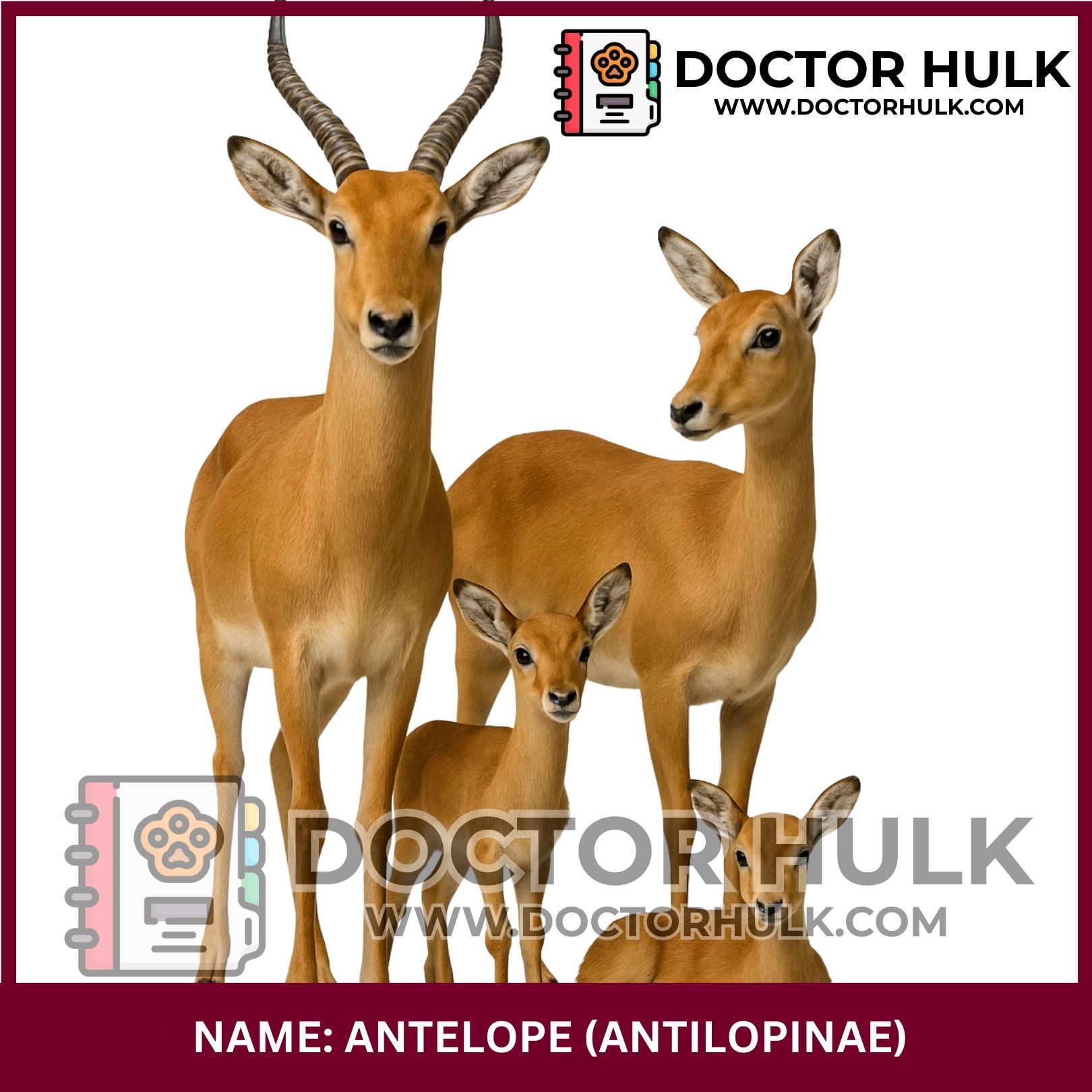

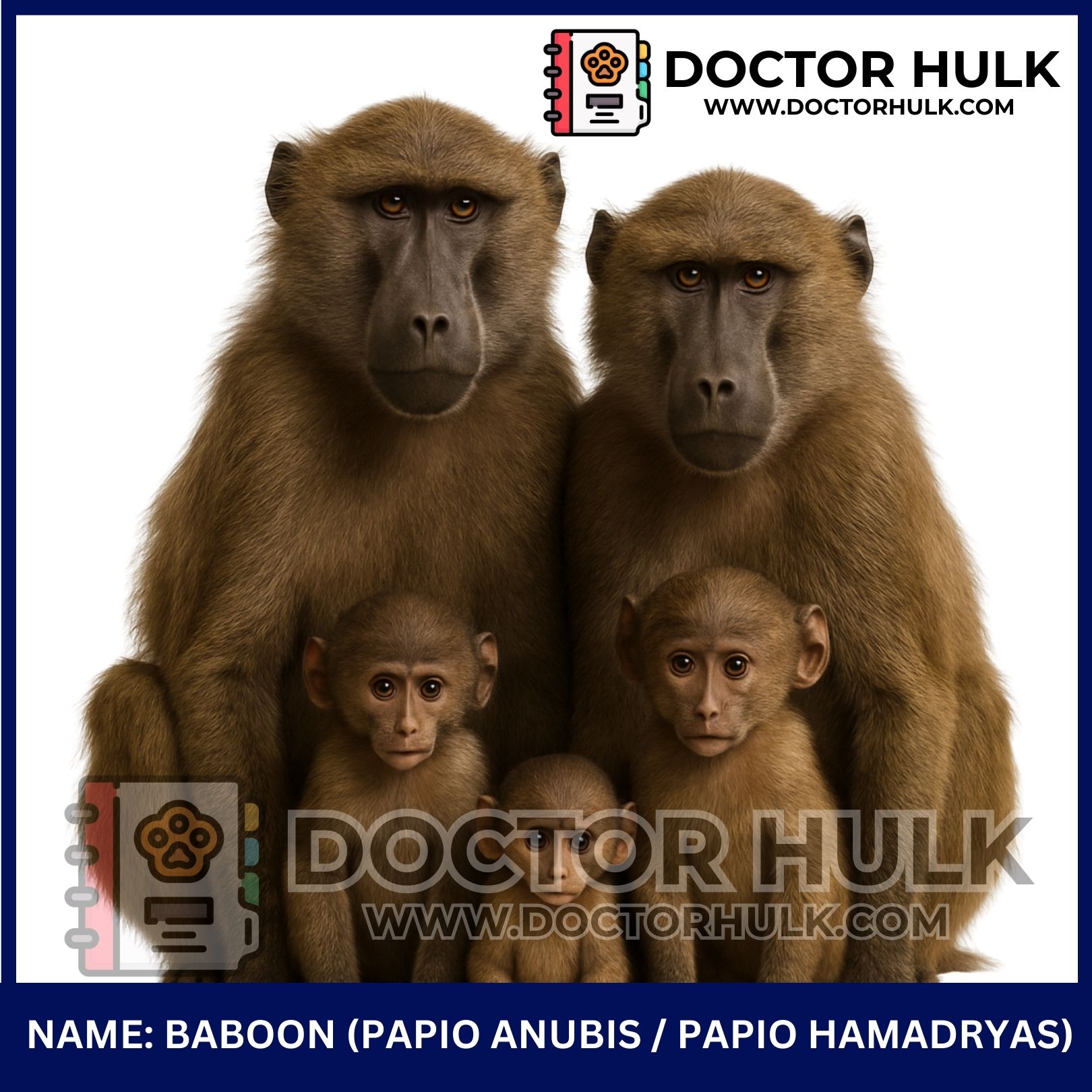
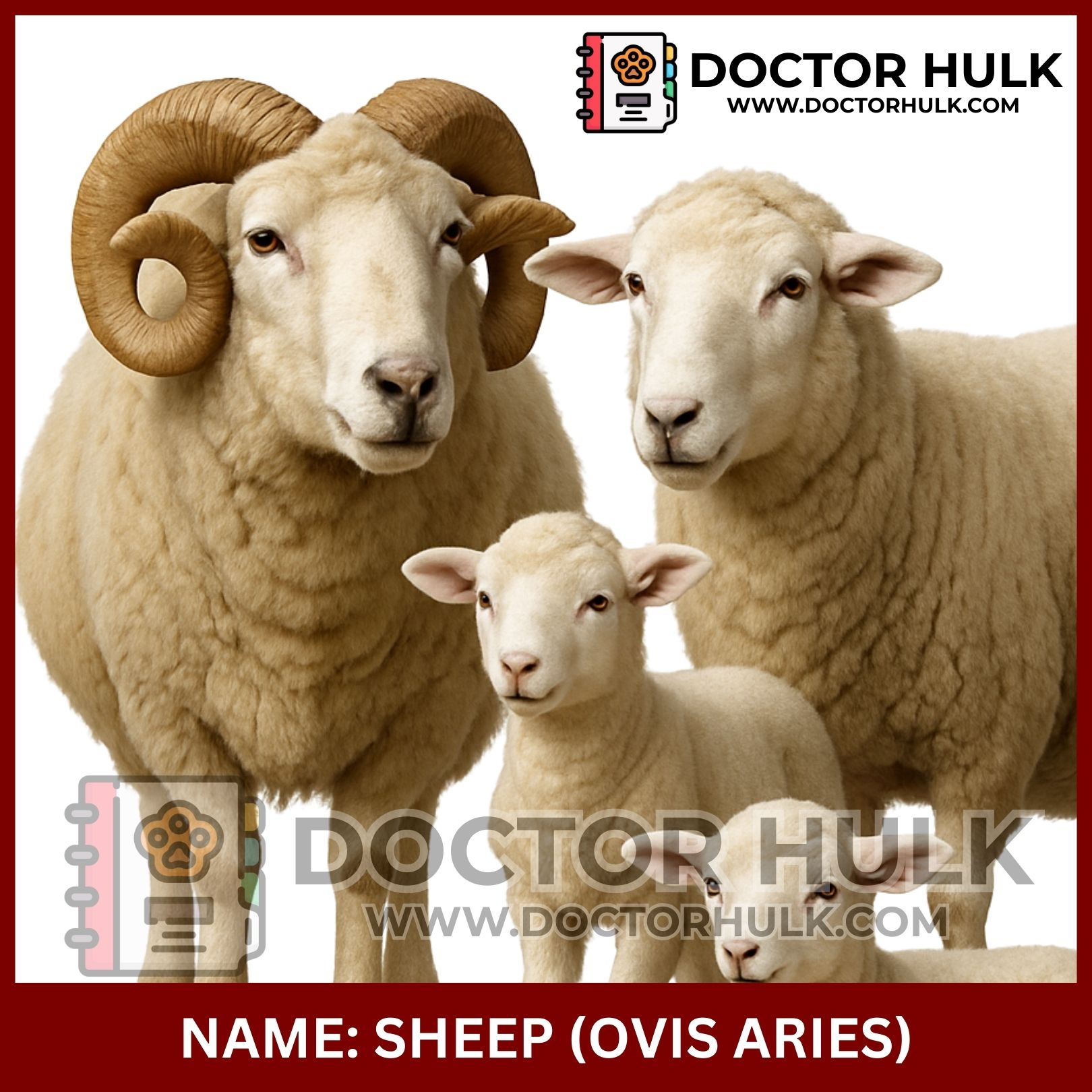
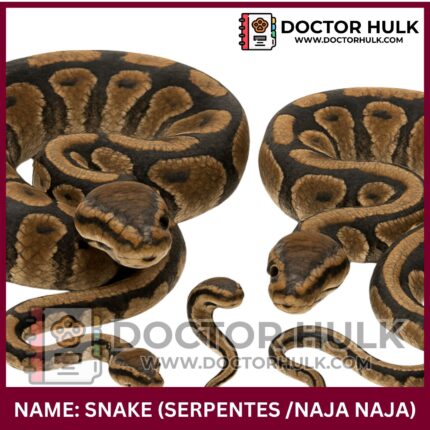



Reviews
There are no reviews yet.